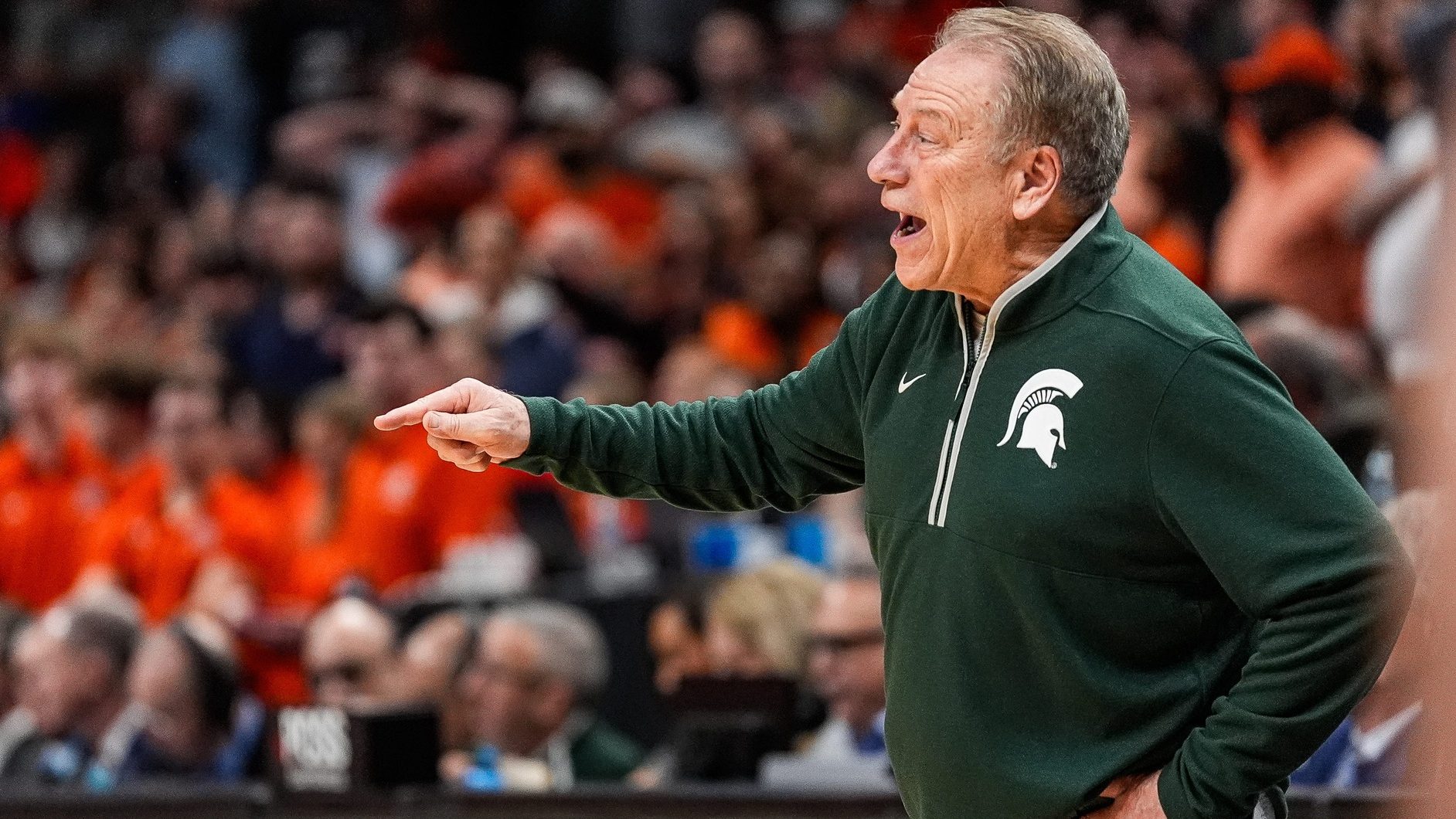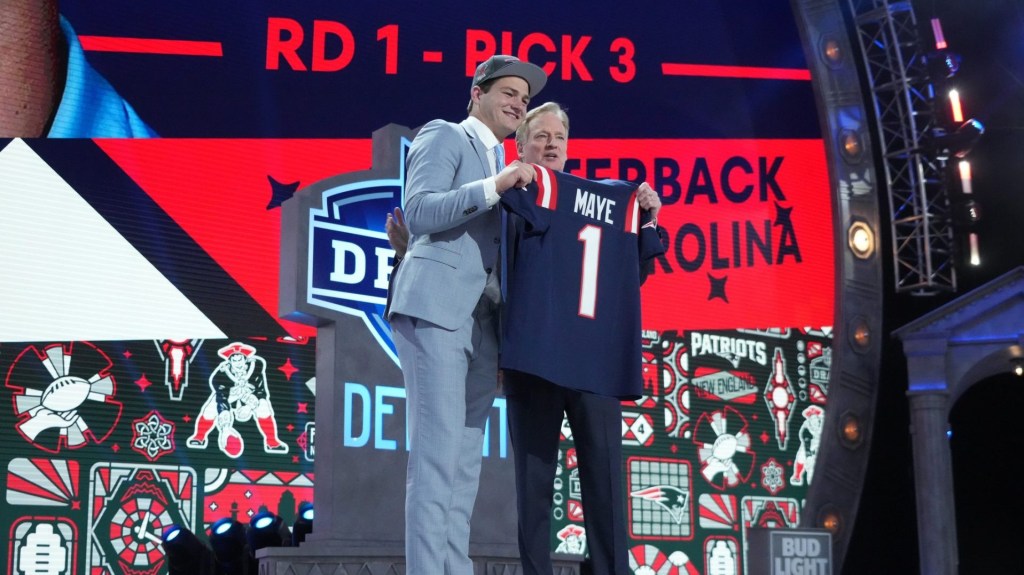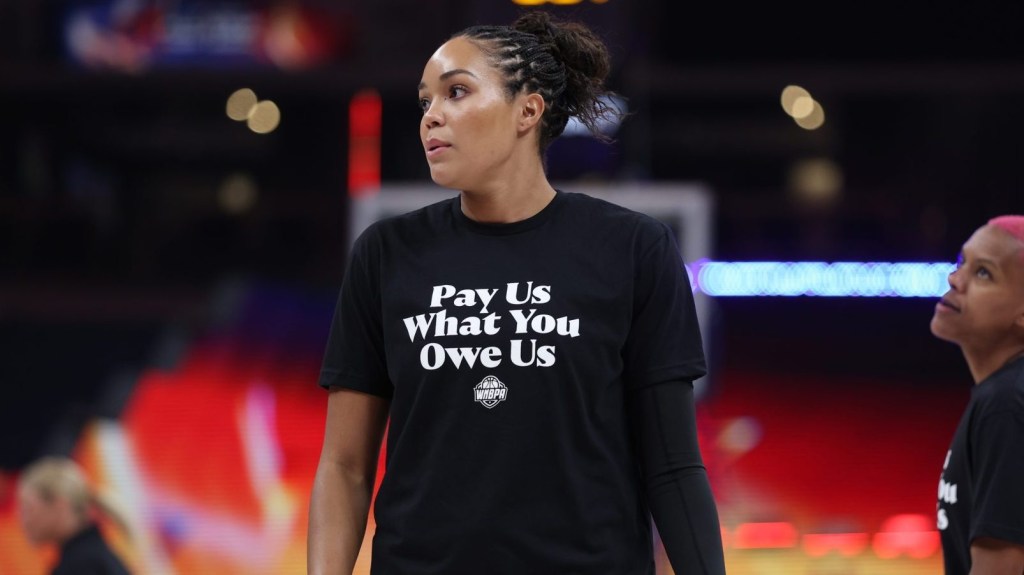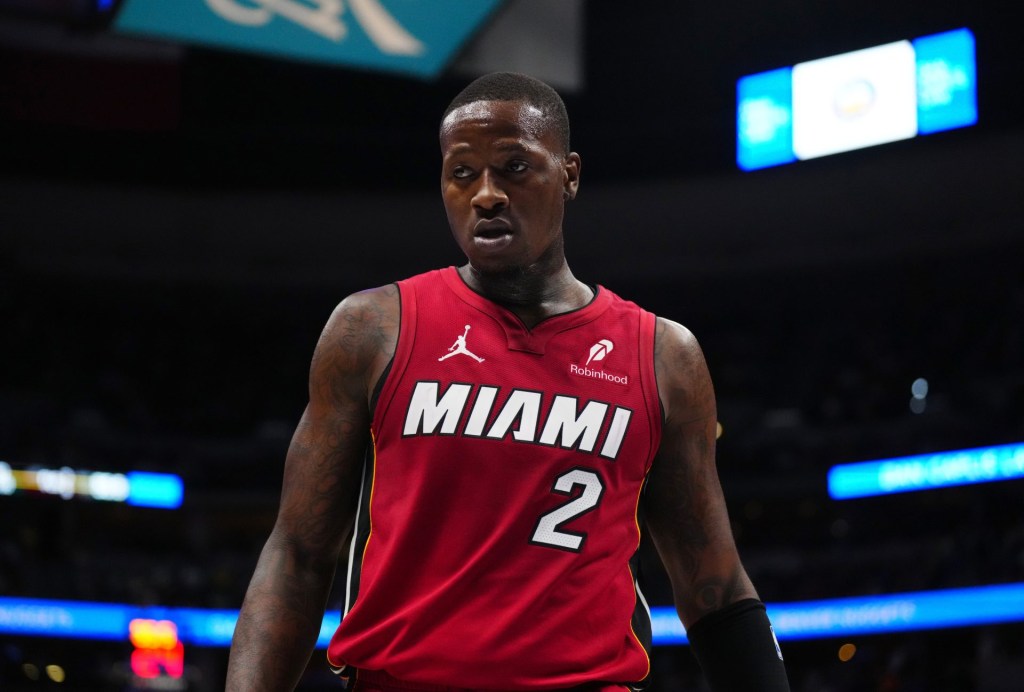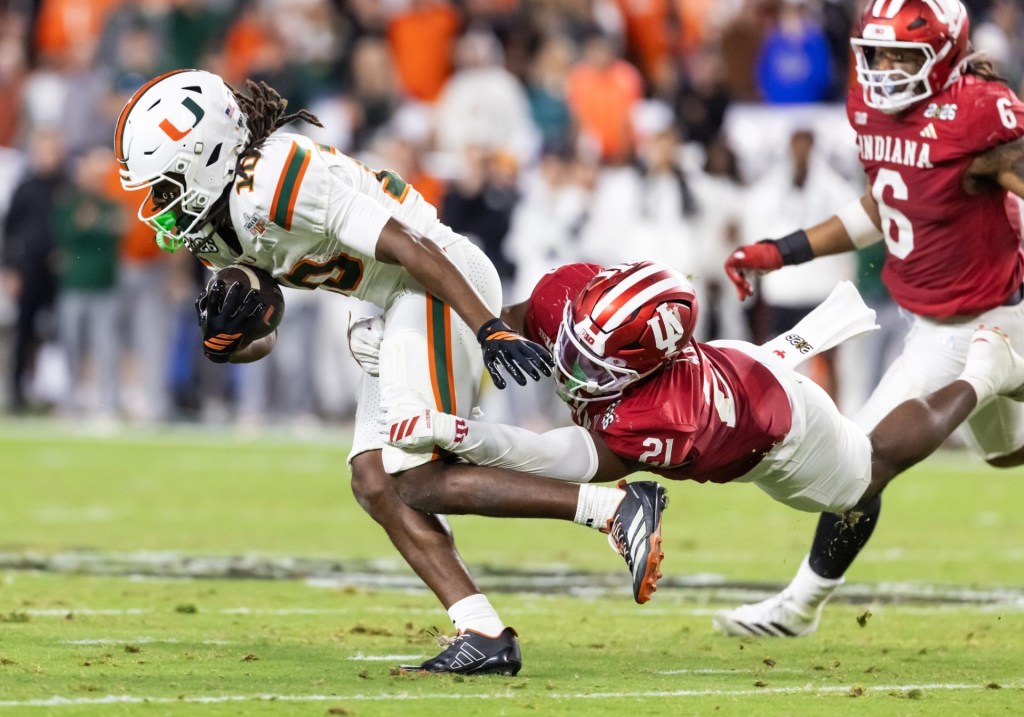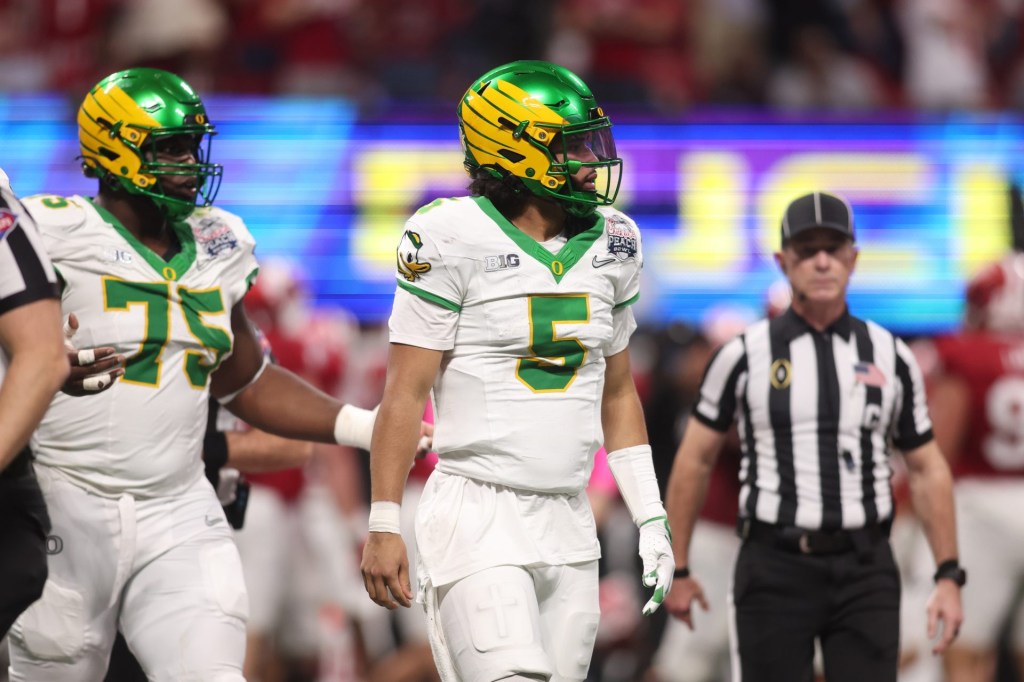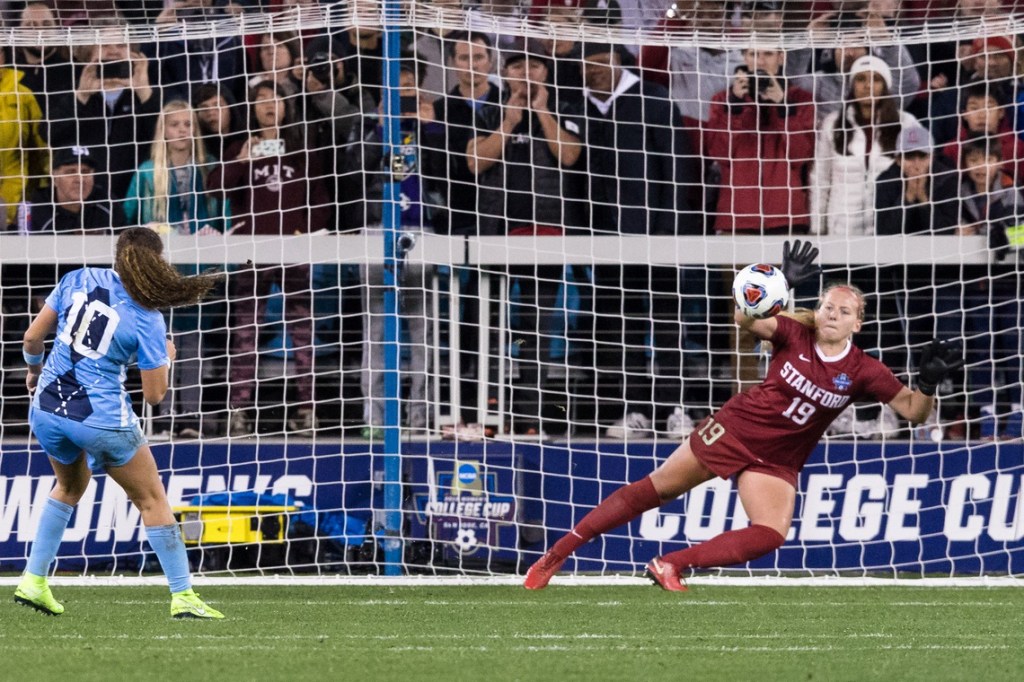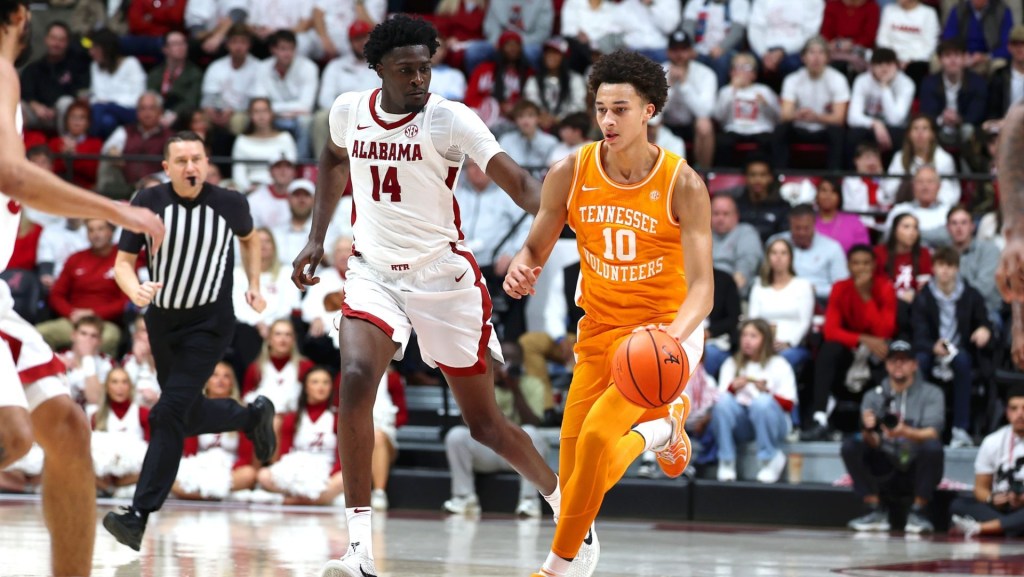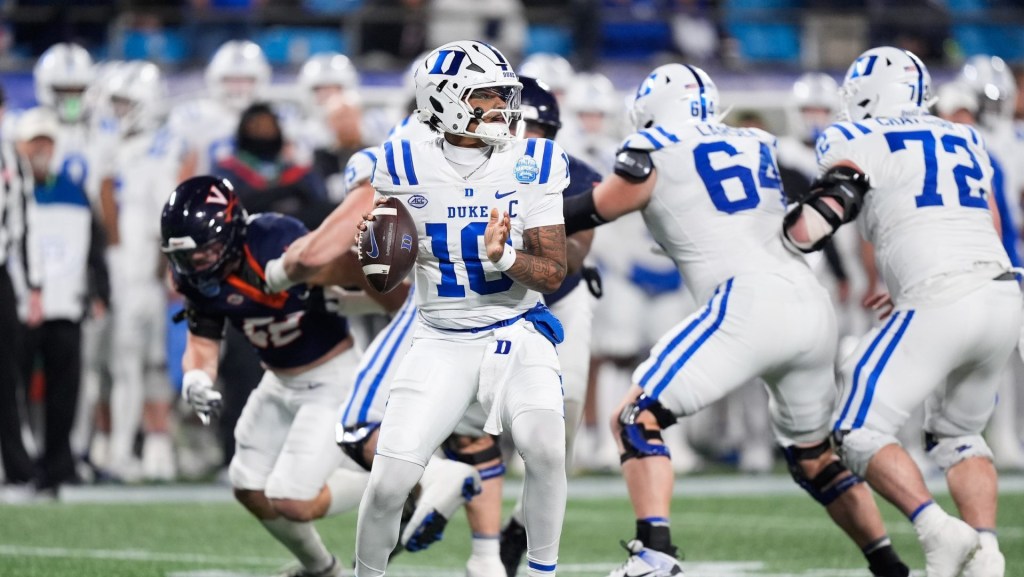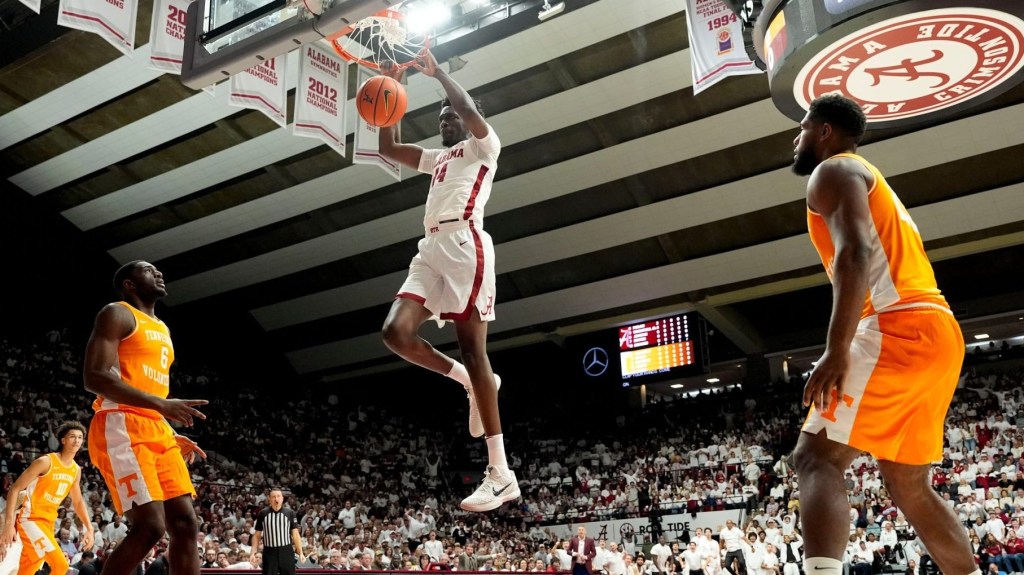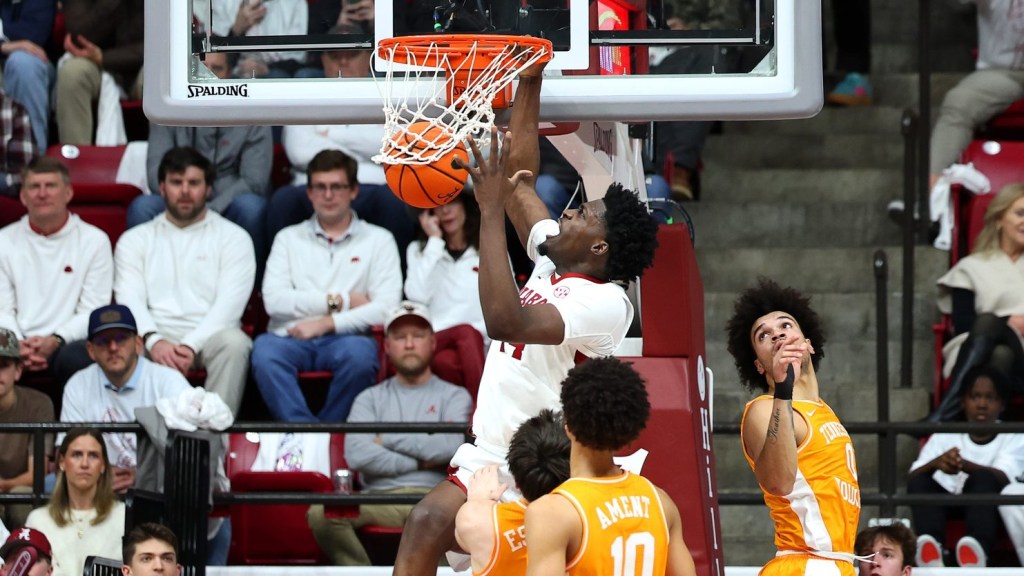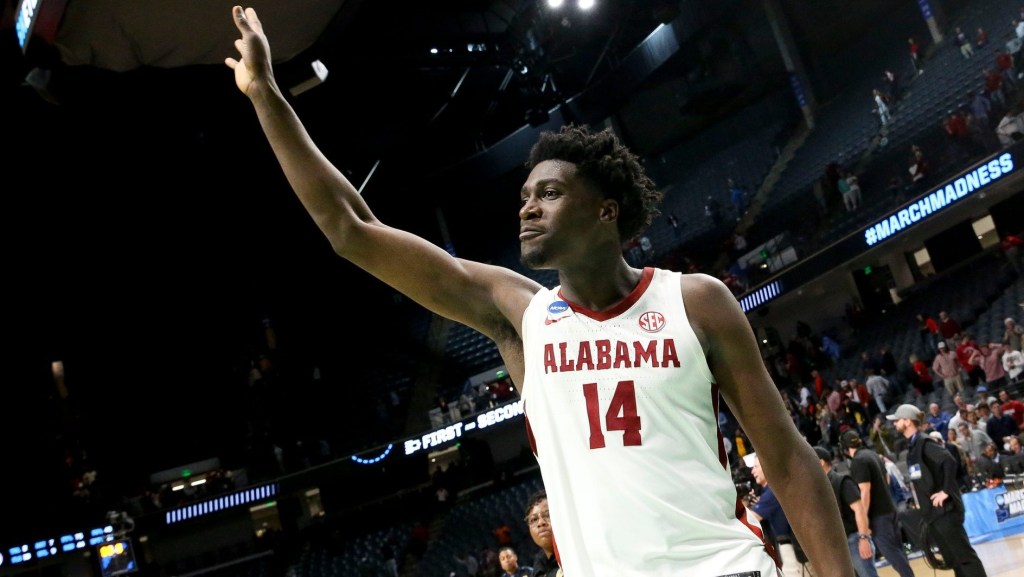Tom Izzo ripped the recent commitment of a former G League player to Louisville, saying the NCAA “has got to regroup” about its eligibility rules.
Izzo’s four-minute rant on Tuesday came a day after 21-year-old London Johnson, who spent the last three seasons in the G League, committed to the Cardinals. A four-star prospect from the class of 2022, Johnson will arrive in Louisville mid-year, sit out the upcoming season, and start playing for the team in 2026–27 with two years of anticipated eligibility, according to On3. Johnson follows Thierry Darlan, another former G Leaguer who last month committed to Santa Clara.
Johnson and Darlan’s cases demonstrate a clear shift in how the NCAA handles eligibility. It has traditionally had strict rules forbidding athletes paid at the professional level from switching to college, though it has occasionally bent them for international players. With the onset of name, image, and likeness and the revenue sharing era, the NCAA’s mindset has further shifted. Darlan’s agent Todd Ramasar, told Front Office Sports last month that his two years of eligibility were granted based on his age and how long he had been out of high school. The NCAA placed less focus on how much money he made from his G League contracts.
While Darlan’s G league jump was unprecedented, he hails from the Central African Republic, still fitting into the trend of the NCAA changing rules for international players. Johnson, however, is from the Atlanta suburbs. His commitment outlines the NCAA’s new stance about former G Leaguers, though it seems the organization is still operating on a case-by-case basis, not yet introducing a sweeping rules change.
That’s where Izzo comes in. The longtime Michigan State coach told reporters no one on his staff, not even his compliance officer, knew that G Leaguers could now get NCAA eligibility. “I am not real excited about the NCAA or whoever is making these decisions without talking to us, just letting it go because they’re afraid they’re going to get sued,” Izzo said.
The Spartans coach said the change is unfair to recruited players already on the roster, particularly freshman, and could lead to more of them transferring. “To me, it’s ridiculous. To me, it’s embarrassing,” Izzo said. “I love my job, I don’t respect my profession.” He also raised concerns about players getting older. “I think we’re really hurting the seniors in high school, giving them a chance. What’s the age limit now? Is it 30? If you have three beards and two mustaches, are you illegal, are you not allowed to play?”
“The transfer portal is enough. We have no rules. And now we’ve just taken no rules and added some more no rules,” Izzo said. “Don’t blame the players anymore, blame the adults that make the decisions that allow some of these ridiculous things to happen and then the unintended consequences hurt kids that are trying to do it the right way, with a process, not jumping around.”
Connecticut coach Dan Hurley tweeted a video of Izzo’s rant Wednesday morning with goat and bullseye emojis.
“The NCAA has consistently advocated for the ability to set and enforce commonsense eligibility and transfer rules. That ability is currently under attack in courts across the country,” NCAA spokesperson Tim Buckley told FOS. “This is why we’re focused on partnering with Congress to resolve today’s patchwork of state laws and inconsistent, conflicting court decisions that risk robbing high school athletes of the ability to compete and obtain an education through college sports.” Buckley was referring to the SCORE Act, a bill in the U.S. House that aims to give the NCAA antitrust protections, override state NIL laws, and prevent athletes from becoming employees.
